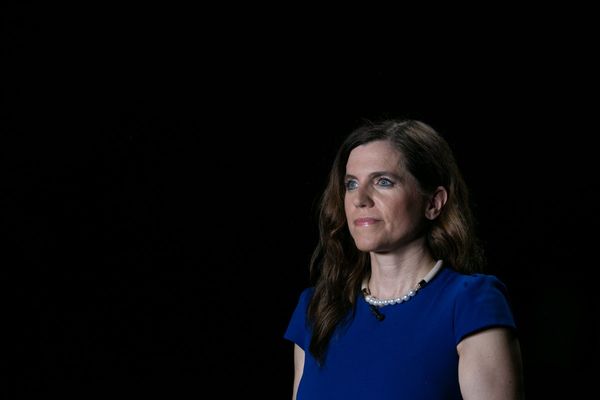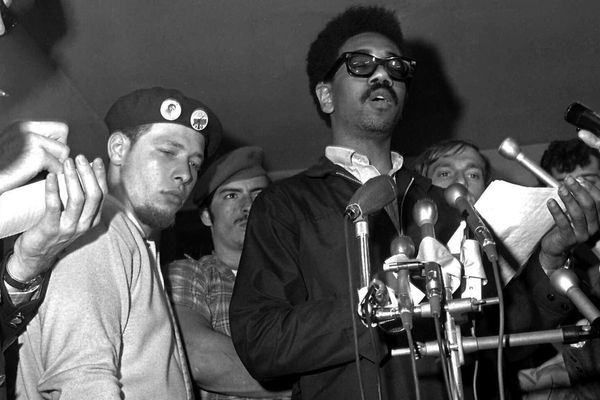A 23-year-old from Nottinghamshire died on a construction site which should have had more safety measures in place, an inquest has heard.
Harry Cheston, of Rainworth, was working on the construction of new apartments at the corner of Rudgard Lane and West Parade in Lincolnshire when he died.
He died on January 9, 2020, during an incident at the site.
The supervisor, Phillip Hayes, of Melfort Construction, gave evidence during an inquest into Mr Cheston's death on February 15 at the Myles Cross Centre, Lincolnshire Live reports.
He admitted "in hindsight" more safety measures should have been in place.
The inquest into his death began on February 14, with the jury hearing that Mr Cheston was driving his dump truck to unload some spoil at a tipping point.
Richard Heaven, who was working with Harry on the morning of his death, told the inquest that the tipping point was being accessed by a "pier" at the edge of the higher level on the building site, with the build-up of spoil meaning that this pier stretched out to a length of around 20 metres at one stage.
But on the morning of Mr Cheston's death, when he was unloading spoil from excavation work being carried out by Mr Heaven, the inquest heard that the pier had reduced in length given that much of the spoil had been taken away in lorries.
Mr Heaven also told the inquest that by January 9, barriers had been installed along the edge of the higher level, with Mr Cheston asking if he could open these to unload spoil on the morning of his death.
Mr Cheston was told by Mr Hayes to "open the barriers, tip the stuff, get off your dumper and close it again", according to Mr Heaven.
In terms of the day of Mr Cheston's death, Mr Hayes told the inquest that he arrived on the site at about 7.15am.
To read all the biggest and best stories first sign up to read our newsletters here.
Mr Hayes said that he spent the morning working on a small digger on the site, as well as trying to resolve issues with an engineer regarding a piece of machinery on the site that wasn't working.
He said that Richard Heaven took over from him on the digger, with Mr Heaven confirming to the inquest yesterday that Harry Cheston was going to unload some spoil created by this work.
By January 9, Phillip Hayes said that barriers had been installed along the edge of the pier, but that no-one had told him the purpose of them.
He said: "Harry asked if he could move the barriers, tip, then put them back. Then I said yes, and turned back to the engineer I was talking to.
"Then I heard Carl Allen [the site manager for the Lindum Group] shouting 'Harry, no' and his face was ghostly white."
After giving his evidence, the assistant coroner for Lincolnshire, Marianne Johnson, asked Mr Hayes: "Was there a stop block in place [at the edge of the pier]?
Mr Hayes replied "no" and when asked by Ms Johnson if there should have been, he said: "Yes, in hindsight, yes."
Mr Hayes said that the access road which also led to the tipping point at ground level was blocked off, hence why Harry Cheston asked to open the barriers at the pier.
But Ms Johnson said: "Would it have been more sensible to not tip at all?"
Mr Hayes replied: "In hindsight, yes."
Georgina Crawford, acting as counsel for the family in the inquest, later asked Mr Hayes if he had inspected the pier before allowing Harry to open the barriers.
Mr Hayes replied "I didn't, no" and when asked by Georgina Crawford if he was aware of the stability of it, he said: "I just said, I didn't check it."
As well as stop blocks, Mr Hayes was asked if there were any other safety measures that could have been used at the site and he said that there were "all sorts of things."
Asked by Ms Johnson if there was anything he wanted to add, Phillip Hayes said: "I just feel really sorry for the family, I really do."
The inquest was adjourned for the day, with all evidence in the case having now been heard, and the coroner will summarise the case for the jury tomorrow before it retires to consider its verdict.







